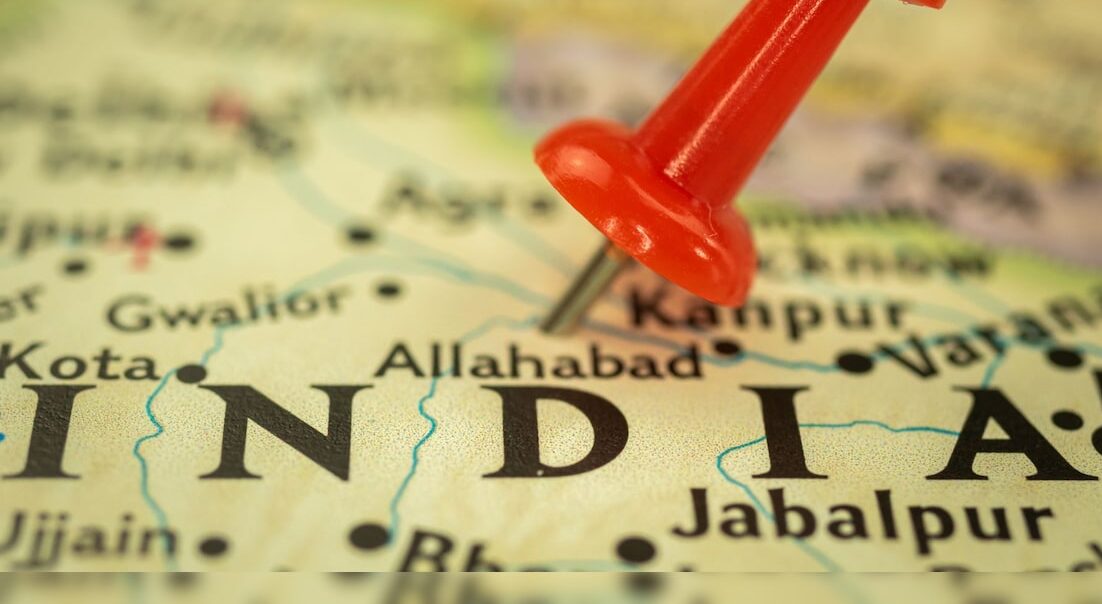Border Security Dynamics Shift as Pakistan’s ISI Appoints New Leader
The landscape of border security in India has shifted dramatically with the recent appointment of General Asim Malik as the Chief of Pakistan’s Inter-Services Intelligence (ISI). As stated by AK Vidyarthi, the Deputy Inspector General of the Border Security Force (BSF) in Punjab, the change in leadership at the ISI has been followed by a marked surge in security incidents along the Indian-Pakistani frontier. This includes a significant increase in the recovery of arms and the interception of drones allegedly sent from Pakistan. The details shared during an exclusive interview with NDTV raise alarm bells regarding regional stability as these developments unfold.
Who is involved? The key players include General Asim Malik, who took charge of the ISI on September 30, and the BSF, specifically represented by DIG AK Vidyarthi, tasked with safeguarding the approximately 550-kilometer-long border between Punjab, India, and Pakistan. When did this shift in dynamics begin? The situation escalated shortly after Malik’s appointment, particularly from November 2023 onwards, intensifying into early 2024. The “why” behind this increase stems from the ongoing patterns of cross-border terrorism and sabotage, which have been exacerbated by Malik’s leadership, according to Indian authorities.
The “how” of these developments highlights the effectiveness of the BSF in counteracting these threats. The forces have experienced a staggering 400% increase in weapon seizures since Malik’s takeover, alongside a doubling of drone interceptions, underscoring the changing tactics employed by militants and their support network in Pakistan. Such alarming statistics indicate a significant uptick in precursors to potential violence and instability in the region.
Rising Tensions Along the Border: The Role of the BSF
As detailed by DIG Vidyarthi, the border area has emerged as a critical zone following the increase in sabotage activities attributed to Pakistan’s ISI. This uptick is mirrored by a series of notable incidents, including a shocking terrorist attack in Jammu and Kashmir’s Pahalgam region that resulted in the deaths of at least 26 civilians. These developments have added a layer of urgency to the responses by Indian security forces.
The BSF’s operations have led to significant discoveries of weapons caches. For instance, on April 22, the BSF successfully seized a large consignment of grenades, pistols, and explosives within Punjab—an unprecedented recovery that signals a heightened threat level emanating from across the border. Additional operations have yielded similar results, contributing to a growing sense of concern among security officials regarding the intentions of the Pakistani military and ISI.
The strategic location of the border area serves as a backdrop for these developments. DIG Vidyarthi described the enclave near Muridke, Pakistan, as a crucial and sensitive location. This area is bordered on three sides by Pakistan, strategically positioning it as a hotbed for potential military confrontations. The proximity to key cities such as Lahore and Amritsar further emphasizes its importance in the geopolitical landscape.
The alarming trajectory of events and the surge in activities warrant focused attention to the persistent threats posed by the ISI. As per the report by NDTV, the situation calls for unwavering vigilance and preparedness on the part of the BSF, which is equipped to neutralize any potential aggression stemming from these provocative actions.
The Historical Context of India-Pakistan Relations
The historical undercurrents of India-Pakistan relations illustrate the complexity of this scenario. Many of Pakistan’s military leaders, including various heads of state, have maintained a staunch military-focused governance approach, often leading to a prioritization of military agendas over diplomatic solutions. This paradigm has facilitated consistent attempts to destabilize India through proxy wars, cross-border terrorism, and localized conflict.
DIG Vidyarthi’s comments encapsulate this sentiment, as he noted, “Every country has an army, but Pakistan army has a country,” underscoring the military’s significant influence over Pakistan’s political landscape. The role of the ISI has been pivotal in orchestrating internal and external strategies aimed against India, which has led to a cyclical pattern of distrust and aggression.
India’s counter-response has remained robust, with the BSF operating under a multi-faceted approach tailored to border management. This includes defensive posturing, intelligence gathering, and advanced surveillance technologies. The seamless coordination with the Indian Army further bolsters India’s capability to counteract threats effectively.
Future Outlook: Preparedness and Security Measures
The evolving dynamics at the Pakistan-India border highlight the pressing need for continued vigilance and strategic foresight. The BSF’s preparedness is evident, with a strong emphasis on maintaining a defensive framework that encompasses manpower, weaponry, and surveillance systems. DIG Vidyarthi expressed confidence in the BSF’s ability to manage the threats, stating, “We are fully prepared on all these aspects. We are ready to neutralize any aggression.”
As tensions persist, it remains imperative for authorities to remain agile and responsive. The increasing sophistication of cross-border threats, including drone interceptions and weapon smuggling, necessitates a proactive security approach.
In light of these challenges, ongoing international dialogues and assessments of the regional security situation are crucial. The geopolitical ramifications of Pakistan’s military actions, particularly under the new ISI chief, could reshape not only bilateral relations but also impact regional stability in South Asia.
In a world where borders define sovereignty but also expose vulnerabilities, the situation remains dynamic and requires ongoing attention. As the BSF and other defense entities brace for potential escalations, the call for strategic preparedness and international collaboration reverberates as an essential framework for maintaining peace and security in the region.
DISCLAIMER
We have taken every measure to ensure that the information in this article and on our social media platforms is accurate, verified, and obtained from reliable sources. For feedback or complaints, please contact us at info@hamslive.com.


